Your cart is currently empty!
Tag: PestControl
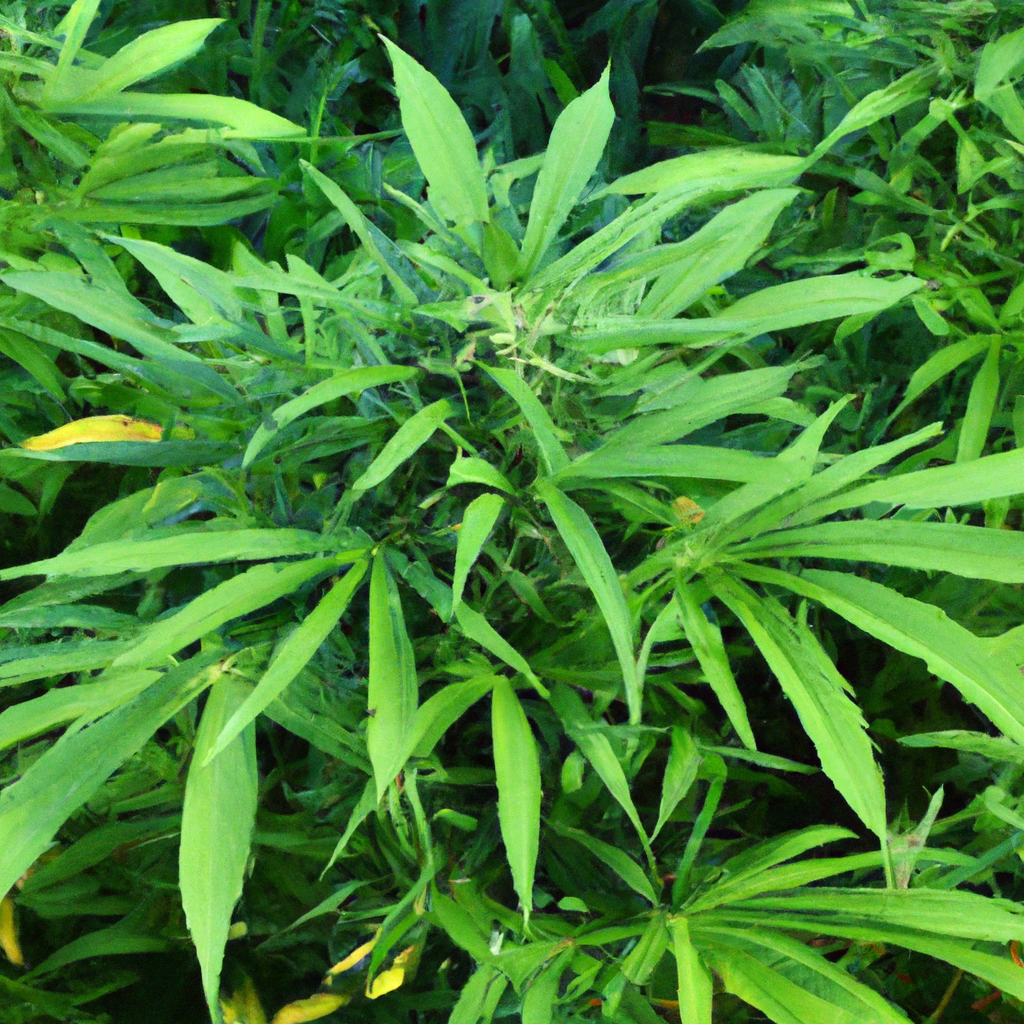
In the evolving world of cannabis cultivation, organic practices are key to producing cleaner and more potent products while benefiting the environment. This post highlights best practices in organic cannabis farming, including enhancing soil health through composting, cover crops, and mulching. It discusses natural fertilizers like fish emulsion and bone meal, and eco-friendly pest control…
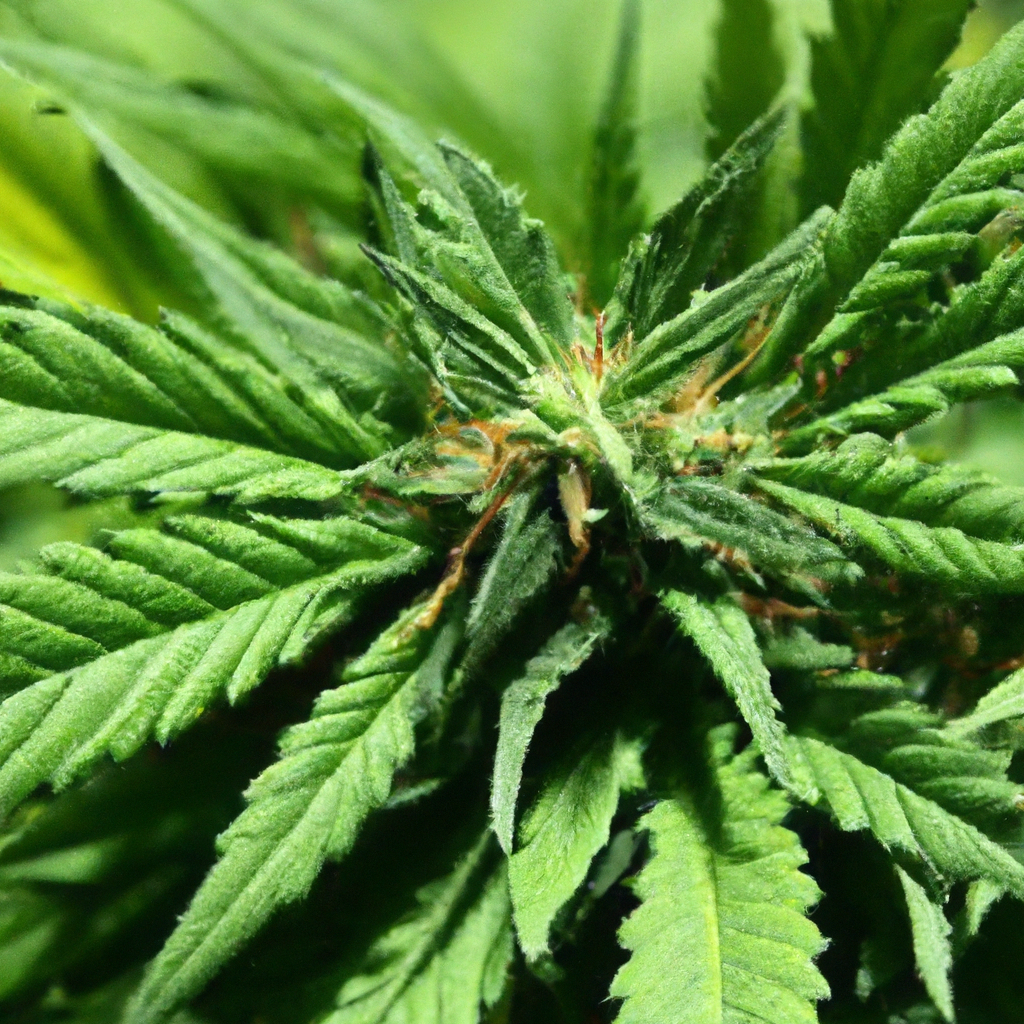
As the cannabis industry shifts towards sustainability, organic growing practices are gaining traction, offering environmental benefits and enhancing product quality for consumers. This article explores best practices in organic cannabis cultivation, highlighting the importance of natural fertilizers, composting, and biological pest control methods. By enriching the soil with compost, worm castings, and bat guano, growers…
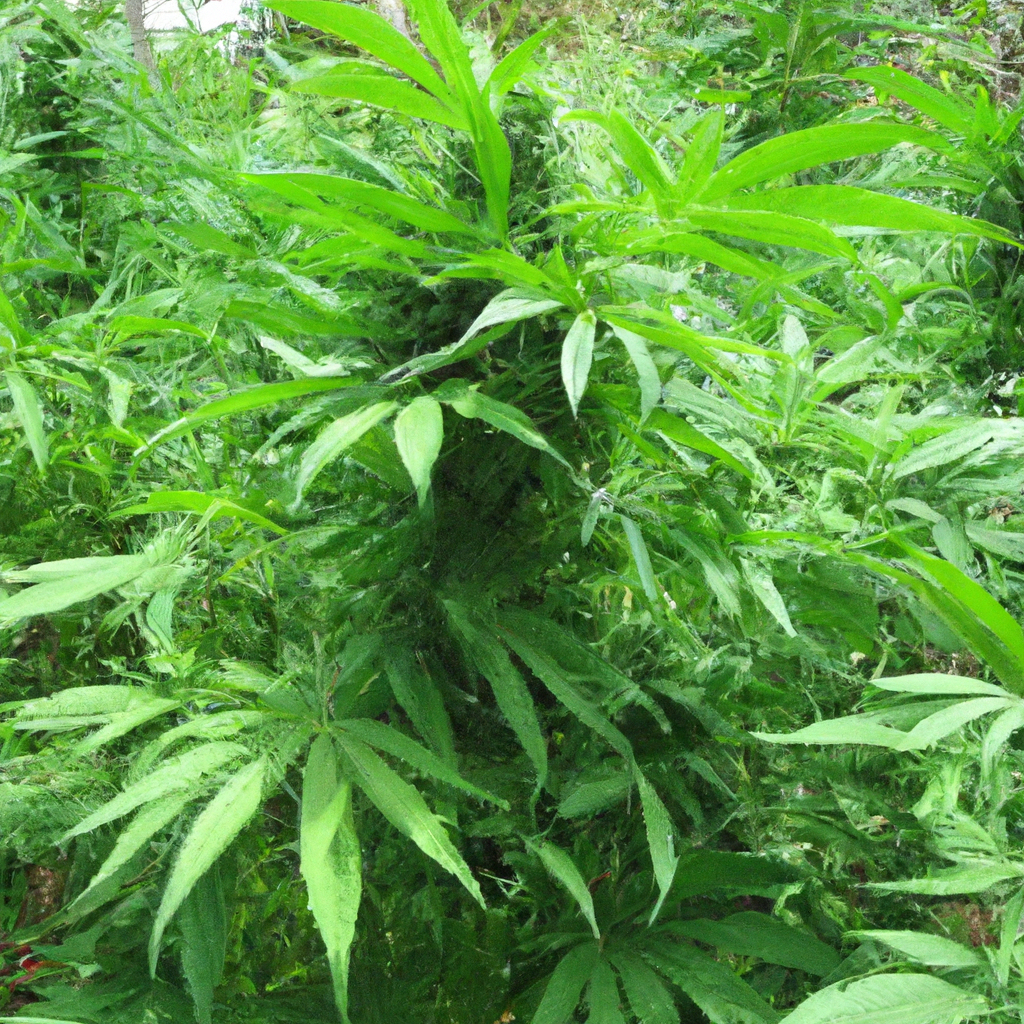
Organic cannabis cultivation involves aligning with nature’s rhythms for sustainable growing. Key practices include building healthy soil ecosystems through composting, mulching, and using cover crops, while nurturing plants with natural fertilizers like fish emulsion and bone meal. Implement natural pest control methods such as companion planting and introducing beneficial insects. Promoting sustainability through water conservation,…
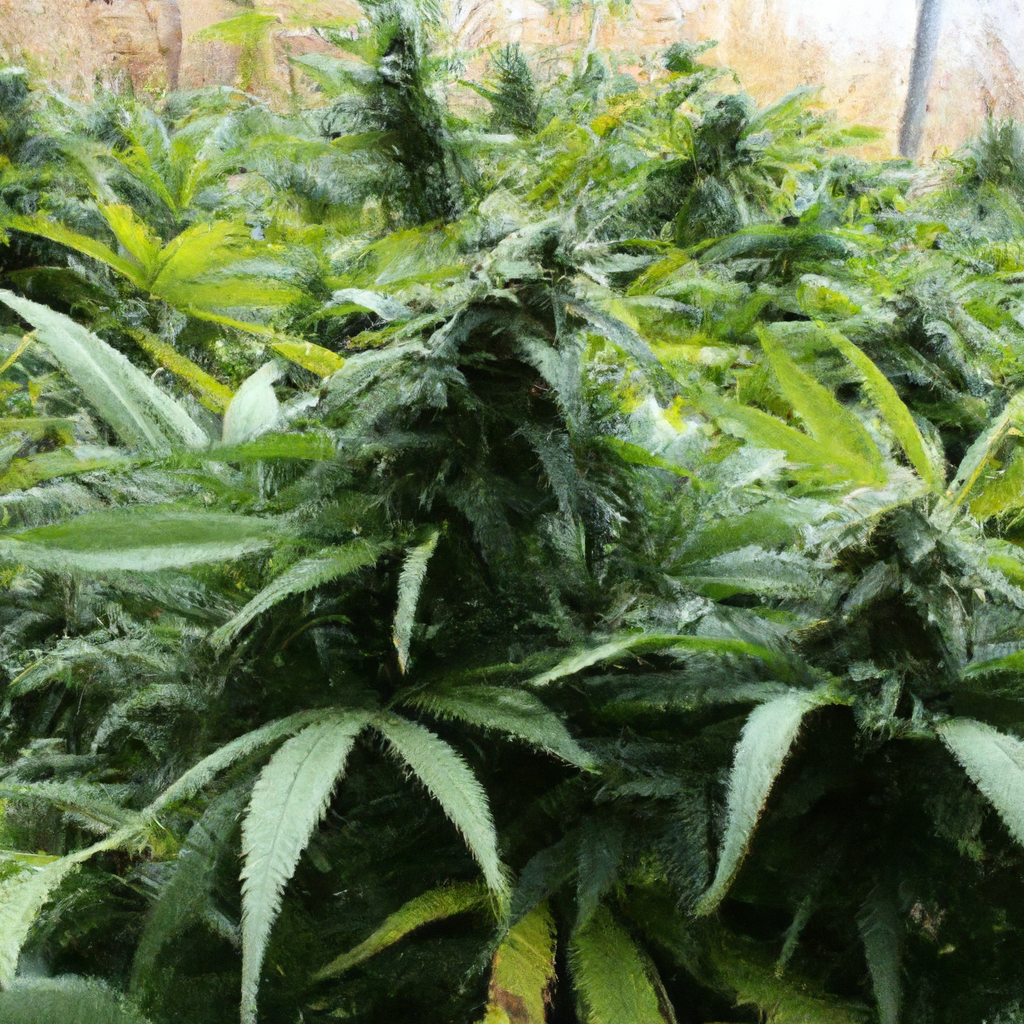
In recent years, there has been a significant trend towards organic cannabis cultivation as growers embrace sustainable practices and avoid synthetic chemicals to support environmental health and deliver a purer product. Key practices include building a strong soil foundation via composting and organic mulching, using natural fertilizers like fish emulsion and bone meal, and employing…
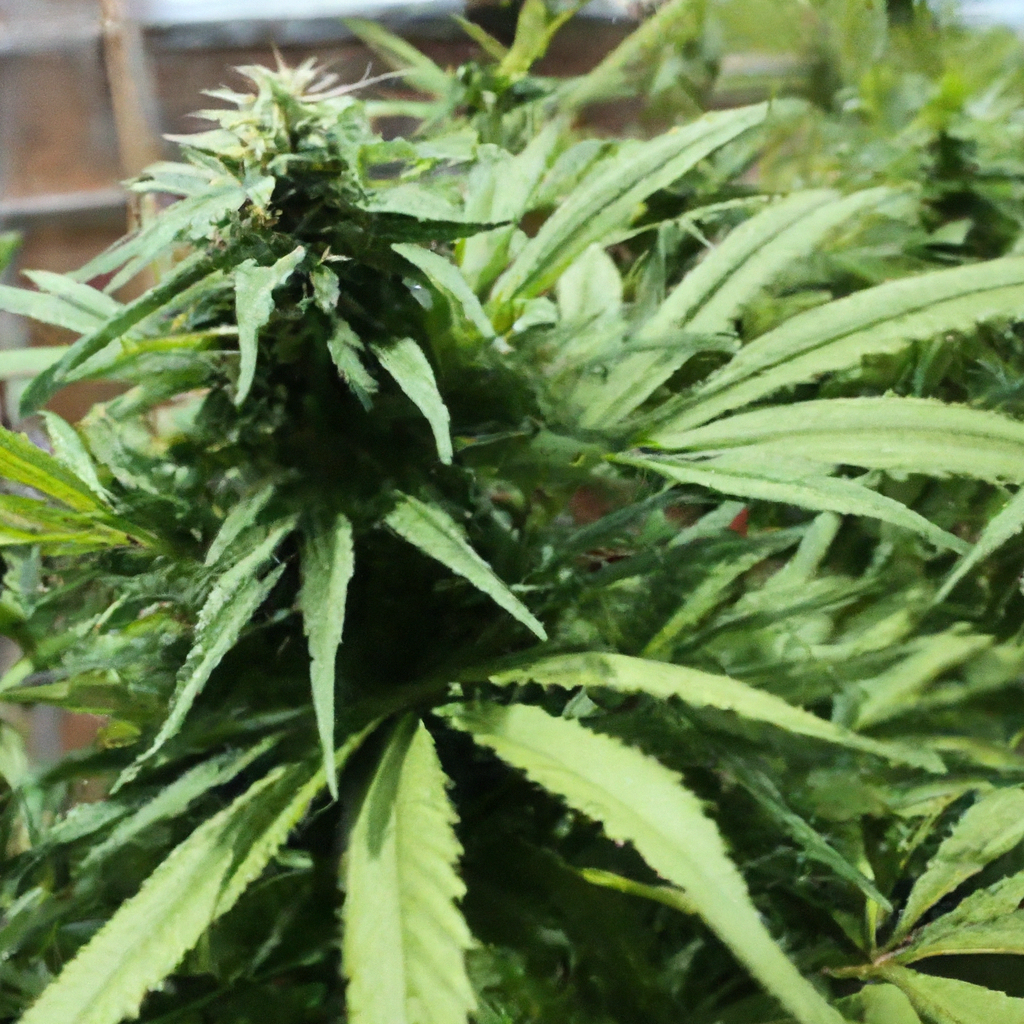
In an era prioritizing sustainability, organic cannabis cultivation shines with its eco-friendly growing methods. This nurturing process emphasizes enhancing soil health using compost, cover crops, and mulching; utilizing natural fertilizers like bone meal and worm castings; and managing pests organically through companion planting and natural predators. Benefits of organic cannabis include increased purity, potency, and…
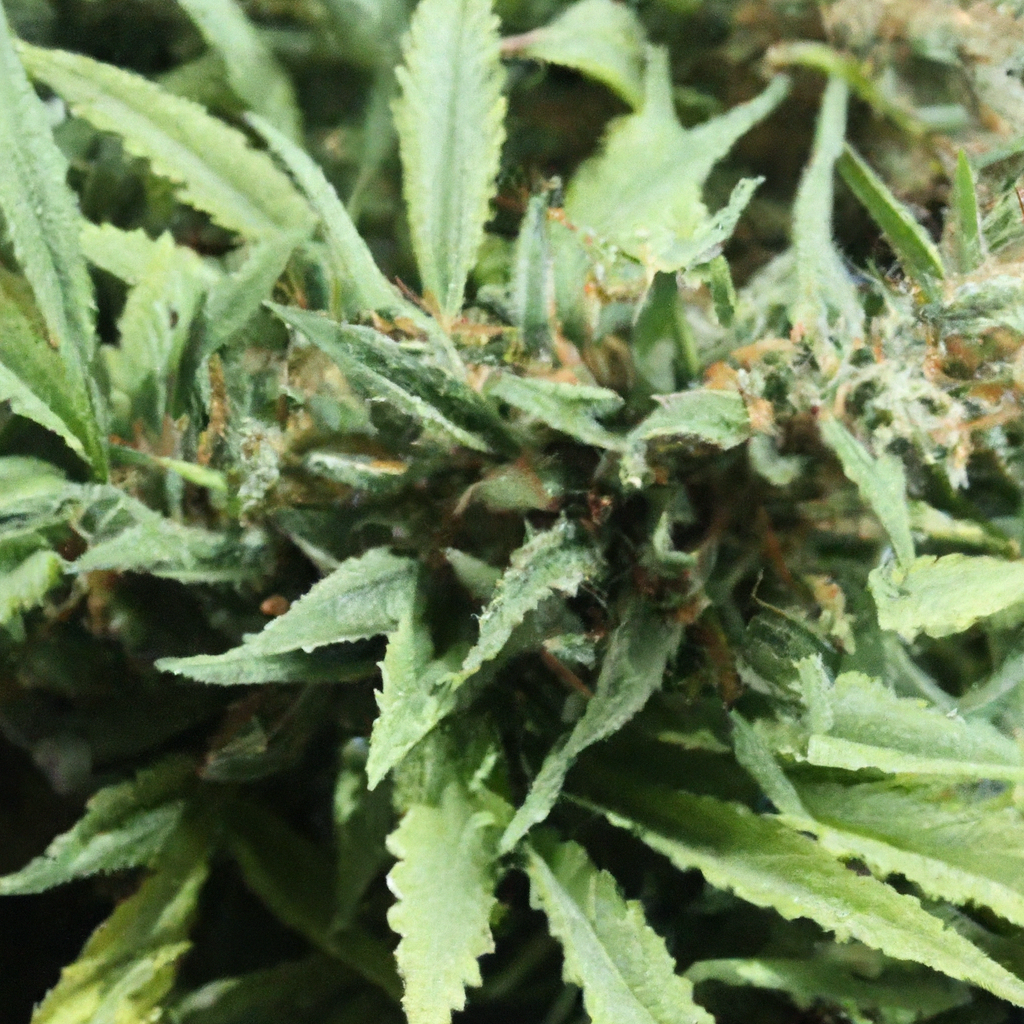
As the demand for eco-friendly practices rises, organic cannabis cultivation has gained popularity for its sustainable and high-quality yields. This article delves into essential techniques, including the use of natural fertilizers, composting, and effective pest control. Emphasizing the construction of a vibrant soil ecosystem, growers can boost plant health and sustainability by integrating compost, cover…
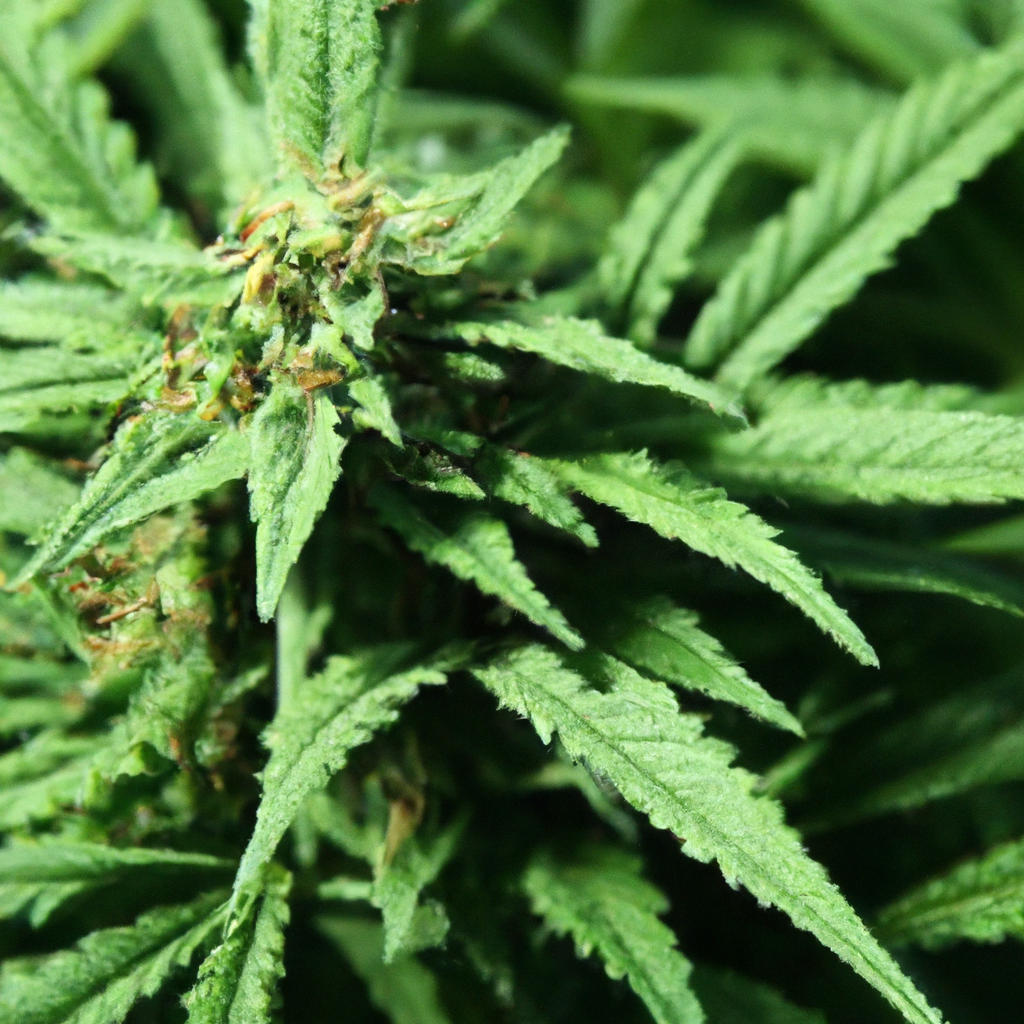
Organic cannabis cultivation is gaining traction as growers and consumers seek sustainable and organic practices to reduce environmental impact and enhance product quality. This guide delves into effective techniques for ecological cannabis growth, emphasizing the importance of natural fertilizers, composting, and fostering a healthy soil ecosystem. Key practices include using fish emulsion, kelp extract, and…
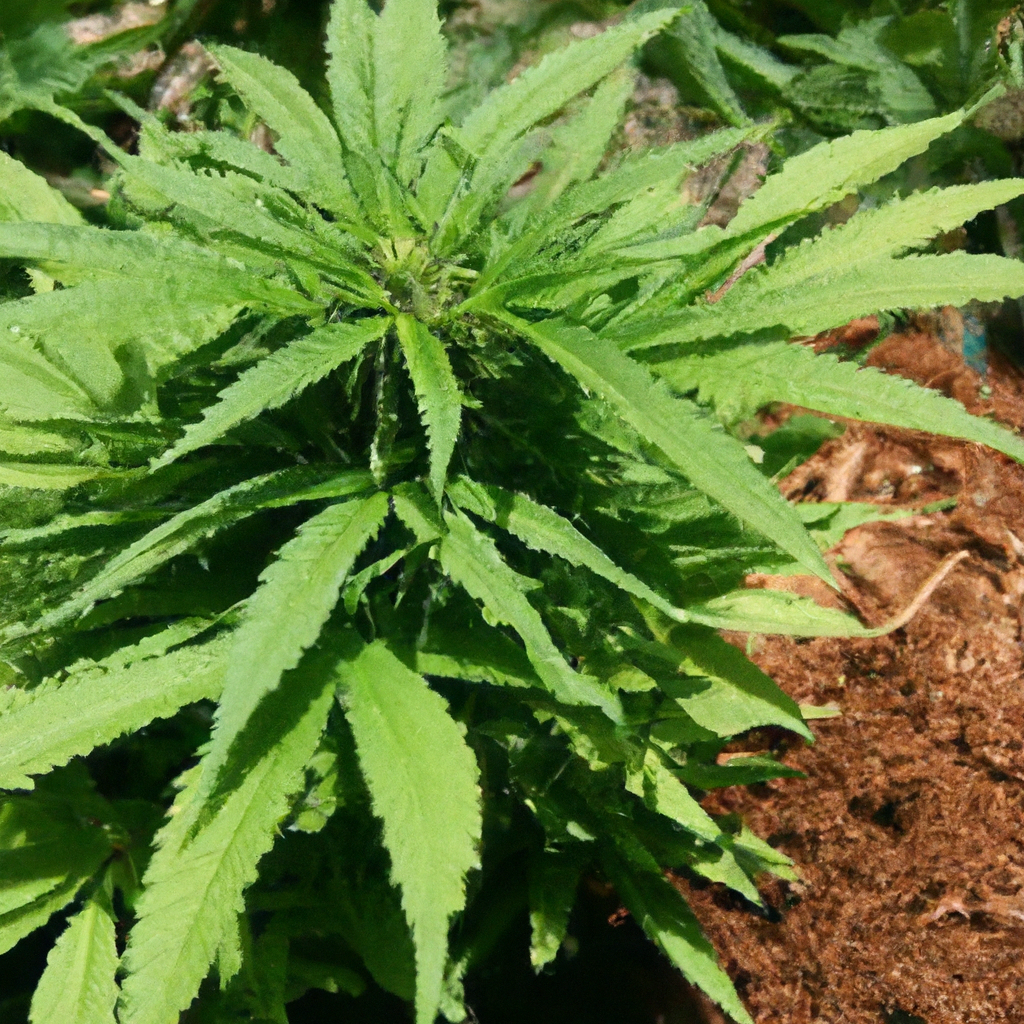
In the quest for high-quality cannabis, organic cultivation stands out for its sustainability and purity by avoiding synthetic chemicals, using natural fertilizers, and nurturing rich soil ecosystems. Essential practices include compost integration, cover crops, and mulching, alongside organic fertilizers like compost tea and seaweed extract. Eco-friendly pest management strategies, such as companion planting and neem…
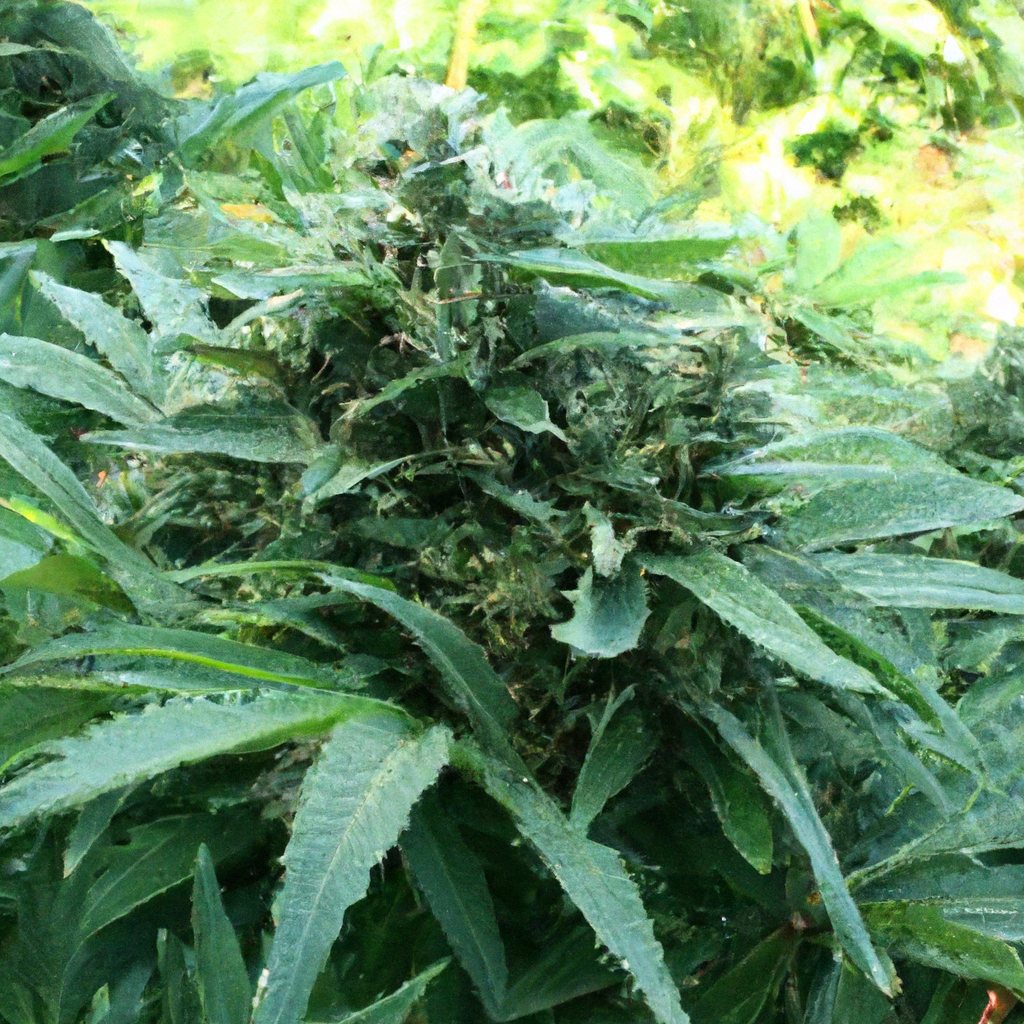
Cannabis cultivation intertwines art and science, especially with organic practices focusing on environmental and personal health benefits. This guide delves into methods that enhance soil health, leverage natural resources, and promote sustainability. Key practices include enriching soil through compost, cover crops, and mulching; using natural fertilizers like worm castings and bone meal; employing eco-friendly pest…
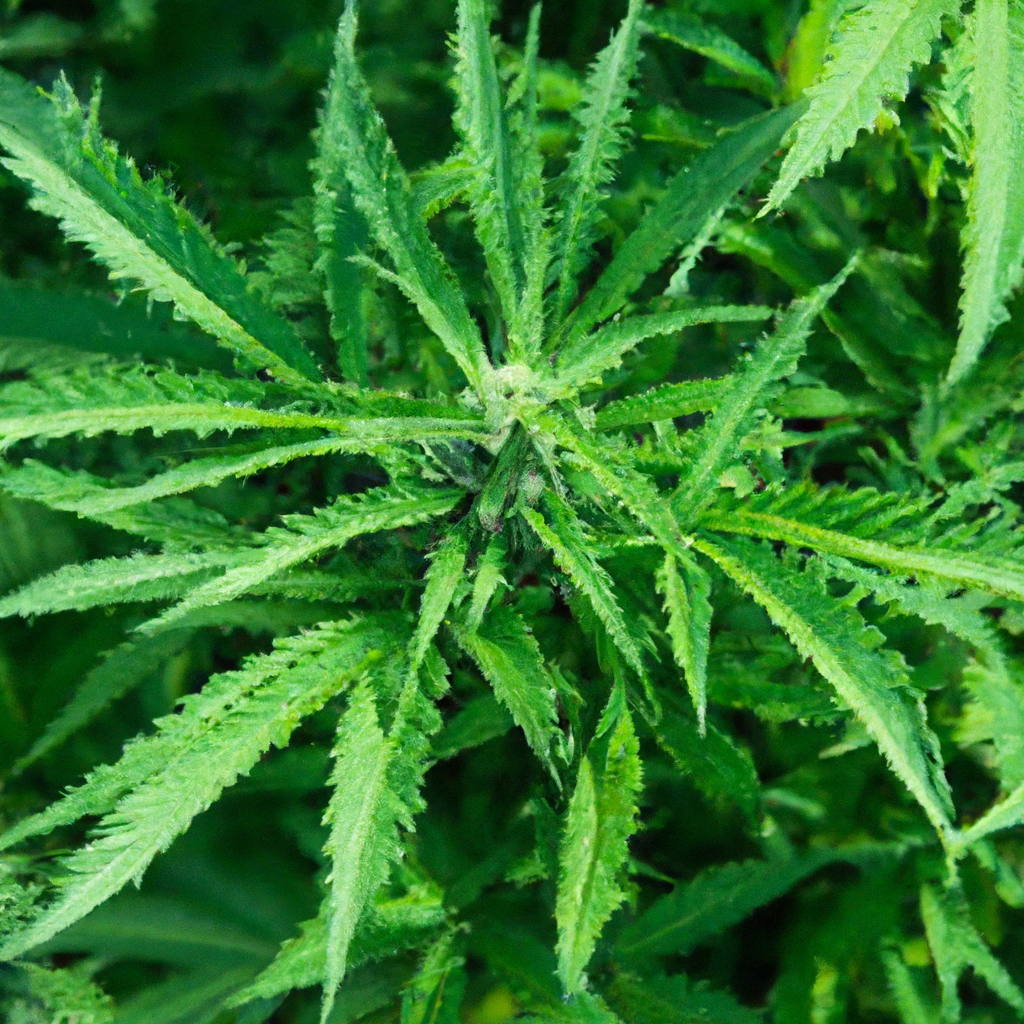
Explore the eco-friendly practice of organic cannabis cultivation, which benefits both the environment and consumer experiences through cleaner, naturally-grown products. Key principles include nurturing soil ecosystems with compost, using organic fertilizers like bone meal and fish emulsion, and adopting organic pest control methods such as companion planting and neem oil. These practices not only protect…
